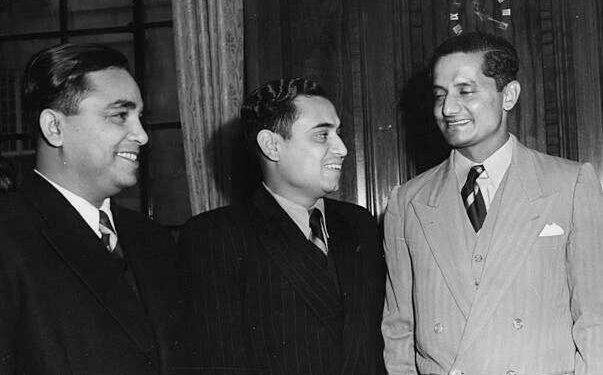share
follow us
Controversy has increased in Madhya Pradesh over the statement given by a senior officer regarding loudspeakers installed in temples. IAS officer Shailbala Martin raised questions on loudspeakers on social media and wrote that it is causing noise pollution.
Sneha Baluni , BhopalTue, 22 Oct 2024 04:10 AM share
Controversy has increased in Madhya Pradesh over the statement given by a senior officer regarding loudspeakers installed in temples. IAS officer Shailbala Martin raised questions on loudspeakers on social media and wrote that it is causing noise pollution. Religious groups have called for protests against the officer. Whereas Congress says that the officer’s question is correct.
what is the matter
Last week, a debate over noise pollution from public address systems (loudspeakers) started after the death of a 13-year-old boy during Durga idol immersion in Bhopal, NDTV reported. The boy was dancing to the tunes of the DJ and suddenly became unconscious and died on Friday. After the incident, Madhya Pradesh Police came into action and started investigating the matter. This incident has also started a debate regarding loudspeakers.
A journalist on the social media platform X questioned the inequality in the law, focusing on the use of public address systems in mosques and the prevalence of DJs playing music outside these venues. Responding to the post, IAS officer Shailbala Martin said that loudspeakers installed in temples cause noise pollution. He raised the question that due to this, the sound would be heard from a long distance and would continue till late night. Why is it often ignored?
Congress justified the question
However, Chandrashekhar Tiwari, head of the right-wing organization ‘Sanskriti Bachao Manch’, did not like the officer’s tweet. They said they would protest against the officer. Meanwhile, Congress spokesperson Abbas Hafeez said that IAS officer Shailbala Martin has raised a right question. Hafeez said, ‘A senior officer has raised questions on the biased action of the BJP government against loudspeakers.’






